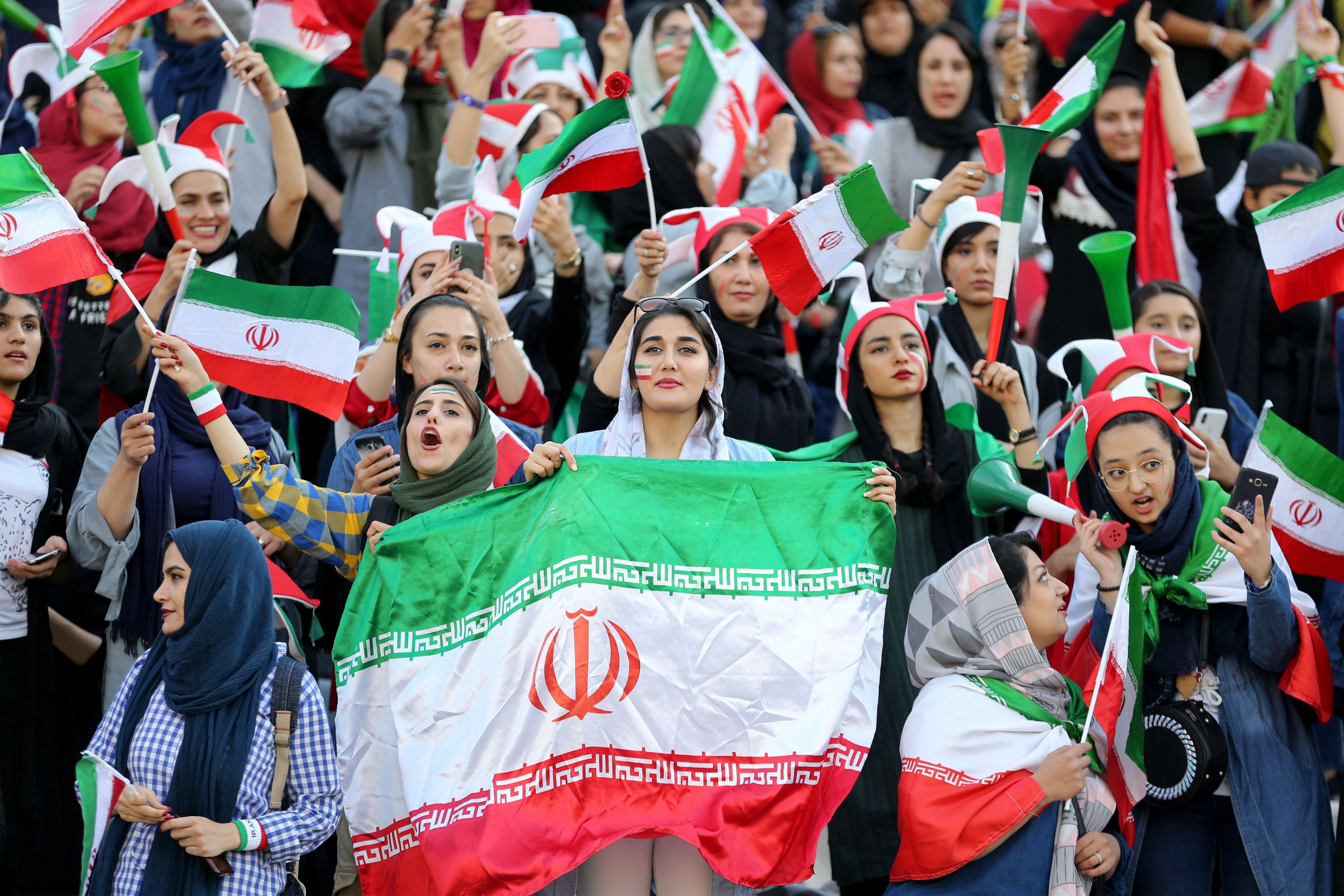The Middle East Institute is proud to present a panel highlighting the ways in which women in Iran are leading civil society efforts for lasting change. Following the eruption of protests in November, which were answered by nationwide internet blackouts and the deaths of hundreds of protesters, Iranians returned to the streets again in early 2020. Iranian women led these protests demanding greater political rights and freedom of expression, as well as fighting policies oppressive to women, such as mandates on wearing headscarves and bans on attending sports events. However, with the spread of COVID-19, it remains to be seen how the movement for greater gender equality will adapt.
Despite a global pandemic, how are Iranian women continuing to lead the fight for a better Iran, through online activism, civil society efforts, and advocacy in education and the workforce? What have been their achievements, and what key obstacles remain?
This event is part of a series on human rights in the MENA region in the face of Covid-19
Speakers:
Nadereh Chamlou
Former senior advisor to the chief economist, World Bank
Nadereh Chamlou is the former Senior Advisor to the Chief Economist of MENA. She has worked in technical, advisory, managerial and coordination functions across the WBG, in PSD/FDP, infrastructure, environment, corporate governance, and the knowledge economy. She also worked extensively on gender equality and women’s empowerment.
Gissou Nia
Nonresident fellow, Middle East Programs, Atlantic Council
Gissou Nia is a nonresident fellow with Middle East Programs at the Atlantic Council. She currently leads an effort to build a strategic litigation program on the Middle East and North Africa, with a first-year focus on Iran. Nia is a human rights lawyer and non-profit leader. She serves as board chair of the Iran Human Rights Documentation Center where she is helping develop and oversee the group’s human rights advocacy and legal programs, which seek to promote accountability, respect for human rights and the rule of law in Iran. She previously served as the Executive Director for the group, and as the Deputy Director of the Center for Human Rights in Iran. Nia started her career in The Hague, where she worked on war crimes and crimes against humanity trials at the International Criminal Tribunal for the former Yugoslavia and the International Criminal Court. She lectures and publishes widely on human rights developments in the Middle East and North Africa, as well as the rule of law in post-conflict and transitional societies.
Azadeh Pourzand
Founder and executive director, Siamak Pourzand Foundation
Azadeh Pourzand is the co-founder and director of Siamak Pourzand Foundation (SPF), a non-profit organization dedicated to freedom of expression in Iran. A human rights researcher and UN advocacy senior consultant at Impact Iran, she is also a Mphil/PhD research student at the Global Media and Communications department at University of London, SOAS. Azadeh's research and writing focus on human rights in Iran, with an emphasis on freedom of expression, rule of law, ethnic rights, and women's rights. Having previously co-authored and published a few book chapters on rule of law and women's rights, she is in the process of writing a book chapter on freedom of expression pertaining to art and culture, as well as co-authoring a manuscript on the role of women in the quest for equality and dignity in today's Iran.
Samira Gharaei, moderator
Journalist, Radio Farda
Samira Gharaei is a journalist working at Radio Farda, covering political news. She worked in various Iranian newspapers for 10 years before she joined Radio Farda.












